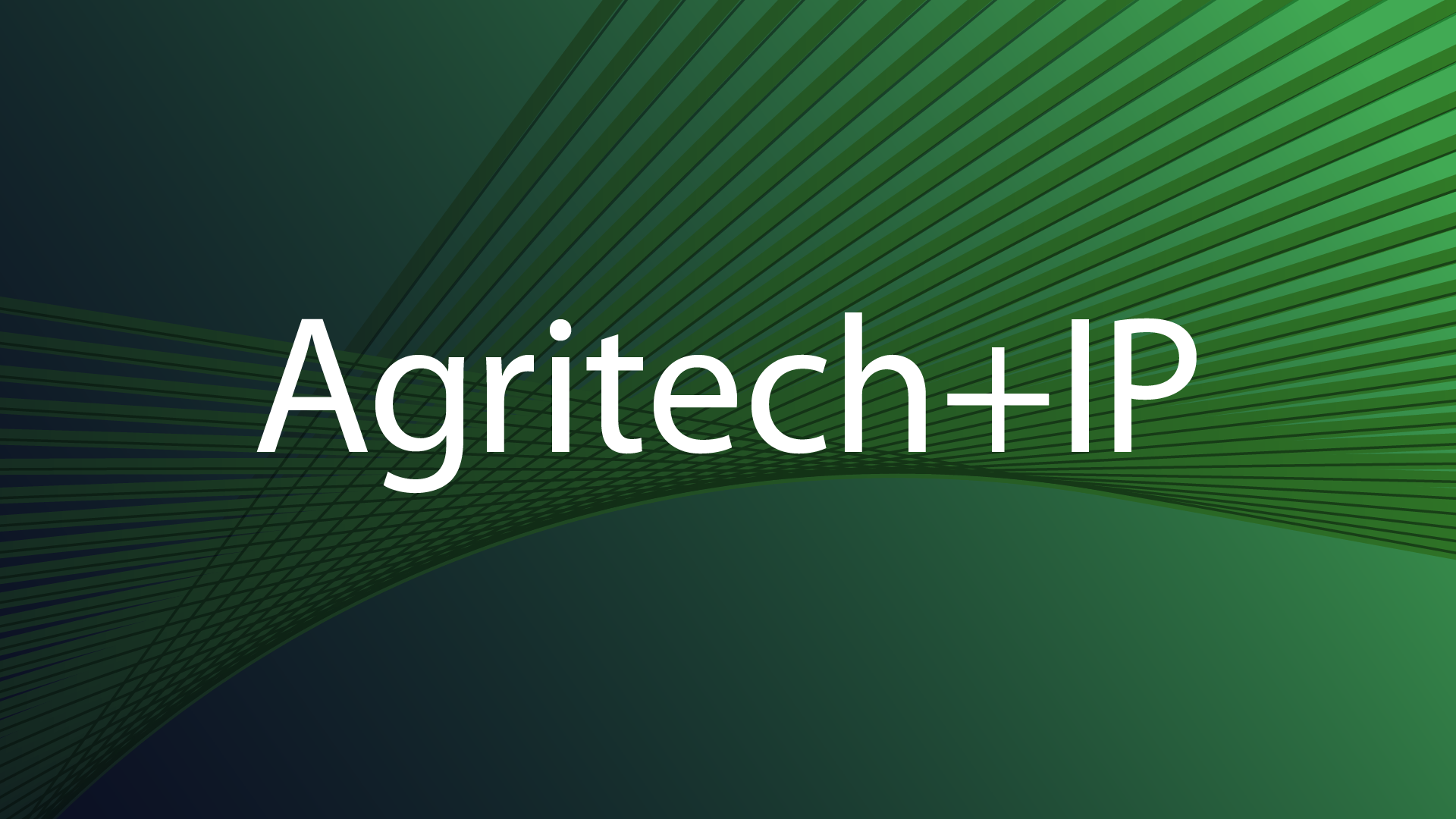

Client login
Access your accountSearch for a specialist
HGF Offices

Aberdeen
1 Marischal Square,
Broad Street,
Aberdeen,
AB10 1BL
| Office. | +44 (0)1224 258 510 |
| Email. | [email protected] |

Alderley Park
Alderley Park,
Congleton Rd,
Alderley Edge,
Macclesfield,
SK10 4TG
| Office. | +44 (0)161 247 4900 |
| Email. | [email protected] |

Amsterdam
Gedempt Hamerkanaal 257,
1021 KP,
Amsterdam,
The Netherlands
| Office. | +31(0) 20 809 5628 |
| Email. | [email protected] |

Basel
OBC Suisse AG
Aeschengraben 29
4051 Basel
Switzerland
| Office. | +41 (0)61 225 4480 |
| Email. | [email protected] |

Belfast
Catalyst,
Queens Road,
Belfast,
BT3 9DT
| Office. | +44 (0)28 9078 5870 |
| Email. | [email protected] |

Bern
sitem-insel AG,
Freiburgstrasse 3,
3010 Bern
Switzerland
| Office. | +41 (0)61 225 4480 |
| Email. | [email protected] |

Birmingham
12th Floor,
Bank House,
Birmingham,
B2 5AL
| Office. | +44 (0)121 265 7930 |
| Email. | [email protected] |

Dublin
HGF IP Ltd, Suite 415,
The Guinness Enterprise Centre (GEC),
Taylor’s Lane,
Dublin 8
| Office. | +353 1 584 4705 |
| Email. | [email protected] |

Edinburgh
Regus Edinburgh Princes St
83 Princes Street
Edinburgh
EH2 2ER
| Office. | +44 (0)131 220 7500 |
| Email. | [email protected] |

Glasgow
Delta House,
50 West Nile Street,
Glasgow,
G1 2NP
| Office. | +44 (0)141 229 5800 |
| Email. | [email protected] |

Heidelberg
Waldhofer Str. 102,
69123 Heidelberg,
Germany
| Office. | +49 (0)6221 825 9580 |
| Email. | [email protected] |

Leeds
1 City Walk,
Leeds,
LS11 9DX
| Office. | +44 (0)113 233 0100 |
| Email. | [email protected] |

London
Central Court
25 Southampton Buildings
London
WC2A 1AL
| Office. | +44 (0)207 776 5100 |
| Email. | [email protected] |

Manchester
6th Floor, 4 Hardman Street
Spinningfields
Manchester
M3 3HF
| Office. | +44 (0)161 247 4900 |
| Email. | [email protected] |

Munich
Neumarkter Str. 18,
81673 Munich,
Germany
| Office. | +49 (0)89 1259 9600 |
| Email. | [email protected] |

Newcastle
7th Floor, 1 St. James Gate,
Scotswood Road,
Newcastle-upon-Tyne,
NE1 4AD
| Office. | +44 (0)191 205 8360 |
| Email. | [email protected] |

Nottingham
BioCity,
Pennyfoot Street,
Nottingham,
NG1 1GF
| Office. | +44 (0)115 857 5000 |
| Email. | [email protected] |

Oxford
John Eccles House,
Oxford Science Park,
Robert Robinson Avenue,
Oxford,
OX4 4GP
| Office. | +44 (0)1865 338044 |
| Email. | [email protected] |

Paris
73 Rue de Vaugirard,
Paris,
75006
France
| Office. | +33(0) 172 355 875 |
| Email. | [email protected] |

Rennes
Chez Regus - Rennes Cesson,
2 Rue Claude Chappe,
35510 Cesson Sévigné,
France
| Office. | +33 (0)256 855 929 |
| Email. | [email protected] |

Salzburg
Rudolfskai 48,
5020 Salzburg,
Austria
| Office. | +43 (0)662 844 289 |
| Email. | [email protected] |

Sheffield
Fountain Precinct,
Balm Green,
Sheffield,
S1 2JA
| Office. | +44 (0)114 274 3700 |
| Email. | [email protected] |

The Hague
Benoordenhoutseweg 46,
2596 BC The Hague,
Netherlands
| Office. | +31 (0)70 240 0899 |
| Email. | [email protected] |

Westport
The Leeson Enterprise Centre,
Altamont Street,
Westport,
Co. Mayo,
F28 ET85
| Office. | +353 (0) 986 7007 |
| Email. | [email protected] |

York
Mill House
North Street
York
YO1 6JD
| Office. | +44 (0)1904 732 120 |
| Email. | [email protected] |


